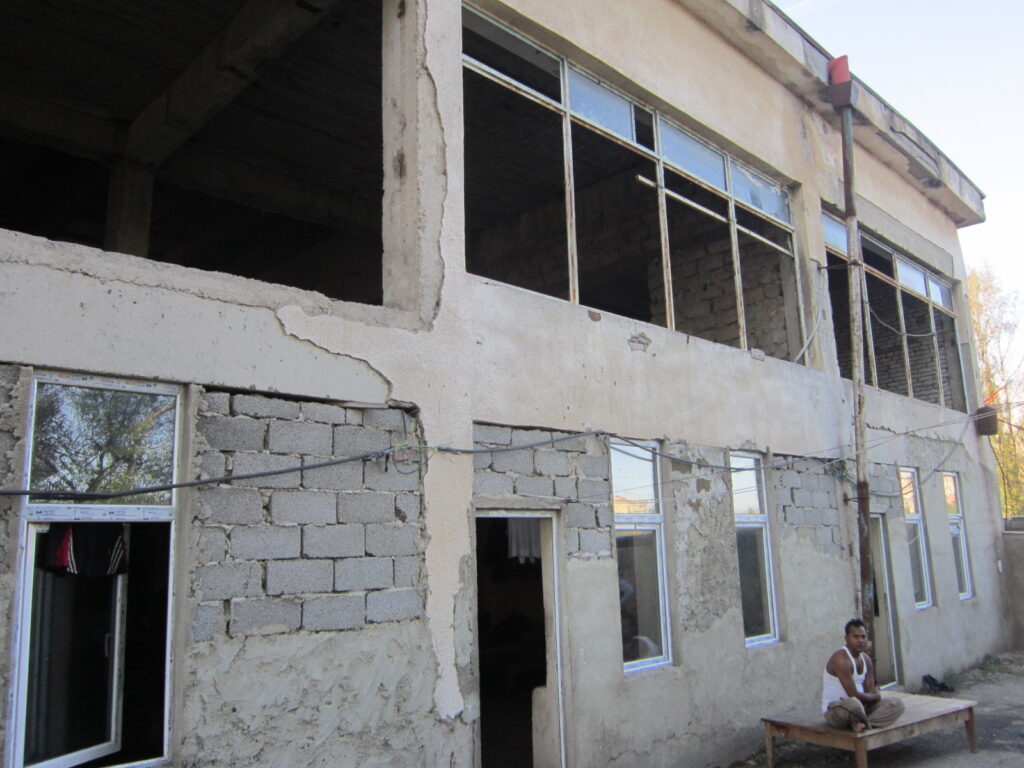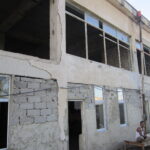25 October, 2012Since August 2012, workers at Hercules Steel in Kutaisi, Georgia, have carried out a secret organizing campaign, and in October proposed the management to begin negotiations.
Hercules Steel is a metal plant in Kutaisi, Georgia, notorious for its anti-union policies. Its workers struck in September 2011, and the strike was brutally put down by the police and the management.
However, Trade Union of Metallurgy, Mining and Chemical Industry Workers of Georgia (TUMMCIWG), an IndustriALL Global Union affiliate, never lost contact with Hercules Steel workers. A secret organizing campaign has been carried out at the plant since August 2012. Some 40 new members were recruited.
In October Hercules Steel workers decided to start negotiations with the company. In a letter to the management Tamaz Dolaberidze, TUMMCIWG president, listed the demands of Hercules Steel employees:
- 20 per cent wage rise,
- clear rules on calculating working hours,
- providing the workers with all necessary equipment, and
- improving both working conditions and safety standards at the plant.
As Dolaberidze notes, workers at Hercules Steel never know how many working hours are billed and how their wages are calculated at the end of the month. There’s a constant shortage of uniforms, special footwear, protective and supportive materials.
The latest organizing effort at the plant has been carried out under increasing pressure. The workers are under constant surveillance. Head of security at Hercules Steel has been spotted sitting for hours in his private car across the street from the Kutaisi office of the Georgian Trade Union Confederation (GTUC).
Furthermore, the management has established its own yellow union and has been actively recruiting workers (see the picture).
Hercules Steel also employs workers from India. They live in appaling conditions. Despite extensive evidence, a government task force in charge of investigating GTUC allegations of possible forced labour (not allowing workers to return to India) found nothing illegal at the plant and described the living conditions of Indian workers as satisfactory.


